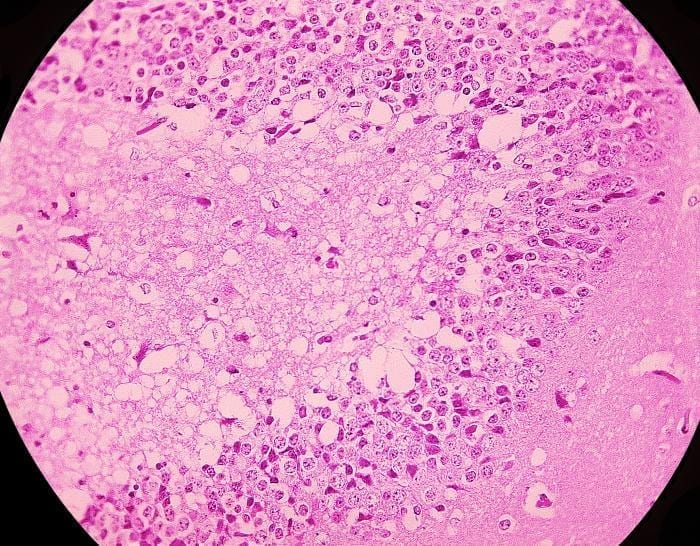Aalto Bio Reagents Ltd. signed their first distribution agreement with a Japanese partner, Veritas Corporation, on Oct. 15, 2019. This took place as part of a major Enterprise Ireland trade mission to Japan led by Heather Humphries, Irish Minister for Business, Enterprise, and Innovation.
Coinciding with this milestone, the company launched the first commercially available protein for the detection and diagnosis of Venezuela Equine Encephalitis NSP2 TC83.
Venezuela Equine Encephalitis is a mosquito-borne viral pathogen that causes Venezuela Equine Encephalitis or Encephalomyelitis (VEE). VEE can affect humans and animals alike causing flu-like symptoms and headaches in healthy humans and causing serious illness and death in the young, the elderly, and immunocompromised patients.
“This exciting VEEV NSP2 TC83 launch today marks the first in a series of dynamic new products coming from Aalto Bio in the emerging disease space,” said Philip Noone, CEO, Aalto Bio. “With this new VEEV NSP2 TC83 protein it enables our customers to bring superior, differentiating diagnostic end-products to market faster which will enable faster diagnosis, identification and treatment of these deadly viruses.”
In the Americas, there have been 21 reported outbreaks of VEE to date. The virus was first isolated in 1938 and the outbreaks have incurred in the United States, Columbia, Mexico, Venezuela of most note in the Americas. VEE normally occurs after periods of long precipitation which cause the mosquito populations to soar.
One of the largest outbreaks of the virus occurred in Columbia in 1995 with 14,156 human cases with over 26 reported deaths. One of the key reasons for the outbreak was the large level of rainfall that season in Columbia. The other key item around the outbreak is the deforestation that caused a change in the mosquito species Aedes taeniorhynchus mosquitos which prefer to feed on equine populations, replaced Culex taenopius mosquitos which prefer to feed on rodents.
There is an inactivated vaccine available for animals which contains the C-84 strain for VEEV, and it is primarily used on horses. In the case of humans there is another rudimentary vaccine which contains the TC-83 strain and is only used to date on military and lab personnel. However, clinicians have found that the vaccine does have side effects and does not fully immunize the patient.
The team at Aalto Bio believe their new protein will help further the development of a more mainstream vaccine which will give greater or full immunization to vaccine candidates and allow faster infield diagnostics of the virus. It should also be noted that during the cold war, both the U.S. and Soviet biological weapons program researched and developed the VEEV virus.
RELATED READING
Meet The ‘Disease Chaser’ Who Quietly Turned Aalto Bio Into a Key Player In The Diagnostics Industry
Fora
As the chief executive of biotech company Aalto Bio, Noone is responsible for a team that researches and develops proteins and reagents that are provided to pharmaceutical companies that in turn develop diagnostic tests for viruses old and new. The company has been around since 1978, but Alto Bio has been dreaming a little bigger since Noone and two investors spotted an opportunity in 2014 and acquired the company.



